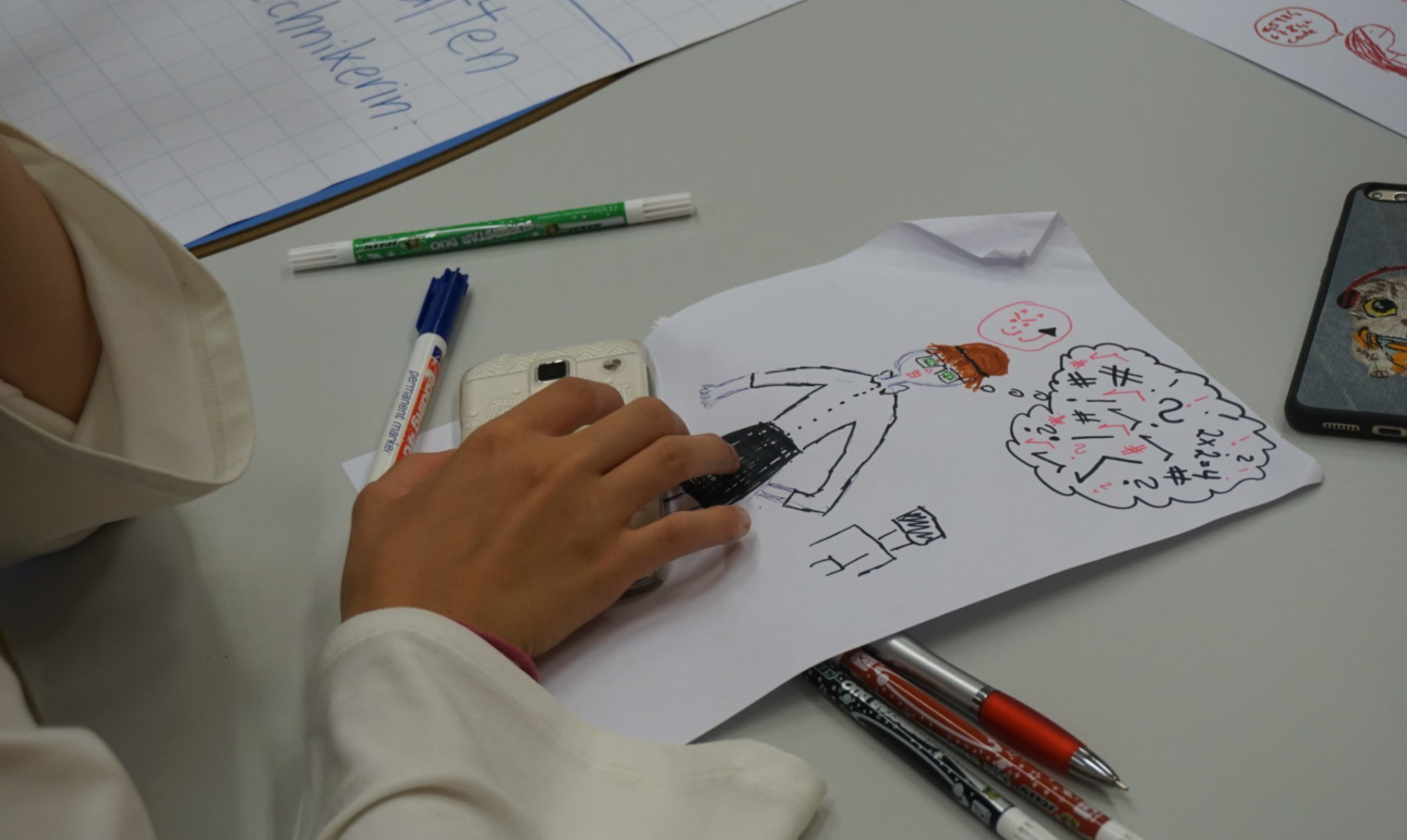Reference Format: SPIELER, B., SCHINDLER, C., SLANY, W., MASHINSKA, O., BELTRÀN, M.E., BOULTON, H.; AND D. BROWN. 2017. Evaluation of Game Templates to support Programming Activities in Schools. In Proceedings of the 11th European Conference on Games Based Learning. October 5-6, 2017, Graz, Austria. p. 600-609.
Bernadette Spieler, Christian Schindler, Wolfgang Slany, Olena Mashkina, María Eugenia Beltrán, Helen Boulton, David Brown
Abstract
Game creation challenges in schools potentially provide engaging, goal-oriented, and interactive experiences in classes; thereby supporting the transfer of knowledge for learning in a fun and pedagogic manner. A key element of the ongoing European project No One Left Behind (NOLB) is to integrate a game-making teaching framework (GMTF) into the educational app Pocket Code. Pocket Code allows learners to create programs in a visual Lego®-style way to facilitate learning how to code at secondary high schools. The concept of the NOLB GMTF is based on principles of the Universal Design for Learning (UDL) model. Its focus lies on three pillars of learning: the what, how, and why. Thereby, the NOLB GMTF is a common set of concepts, practices, pedagogy, and methods. This framework provides a coherent approach to learning and teaching by integrating leisure oriented gaming methods into multi-discipline curricula. One output of this framework is the integration of game-based methods via game templates that refer to didactical scenarios that include a refined set of genres, assets, rules, challenges, and strategies. These templates allows: 1) teachers to start with a well-structured program, and 2) pupils to add content and adjust the code to integrate their own ideas. During the project game genres such as adventure, action, and quiz, as well as rewards or victory point mechanisms, have been embedded into different subjects, e.g., science, mathematics, and arts. The insights gained during the class hours were used to generate 13 game templates, which are integrated in Create@School (a new version of the Pocket Code app which targets schools). To test the efficiency of these templates, user experience (UX) tests were conducted during classes to compare games created by pupils who use
d templates and those who started to create a game from scratch. Preliminary results showed that these templates allow learners to focus on subject-relevant problem solving activities rather than on understanding the functionality of the app. This directly leads to more time to express their creativity in different levels and more time for extra tasks.
Bernadette Spieler, Christian Schindler, Wolfgang Slany, Olena Mashkina, María Eugenia Beltrán, Helen Boulton, David Brown
Graz University of Technology, Graz, Austria
INMARK Europa, Madrid, Spain
Nottingham Trent University, Nottingham, England
Keywords
Pocket Code, game templates, UDL, game design, programming, mobile learning
